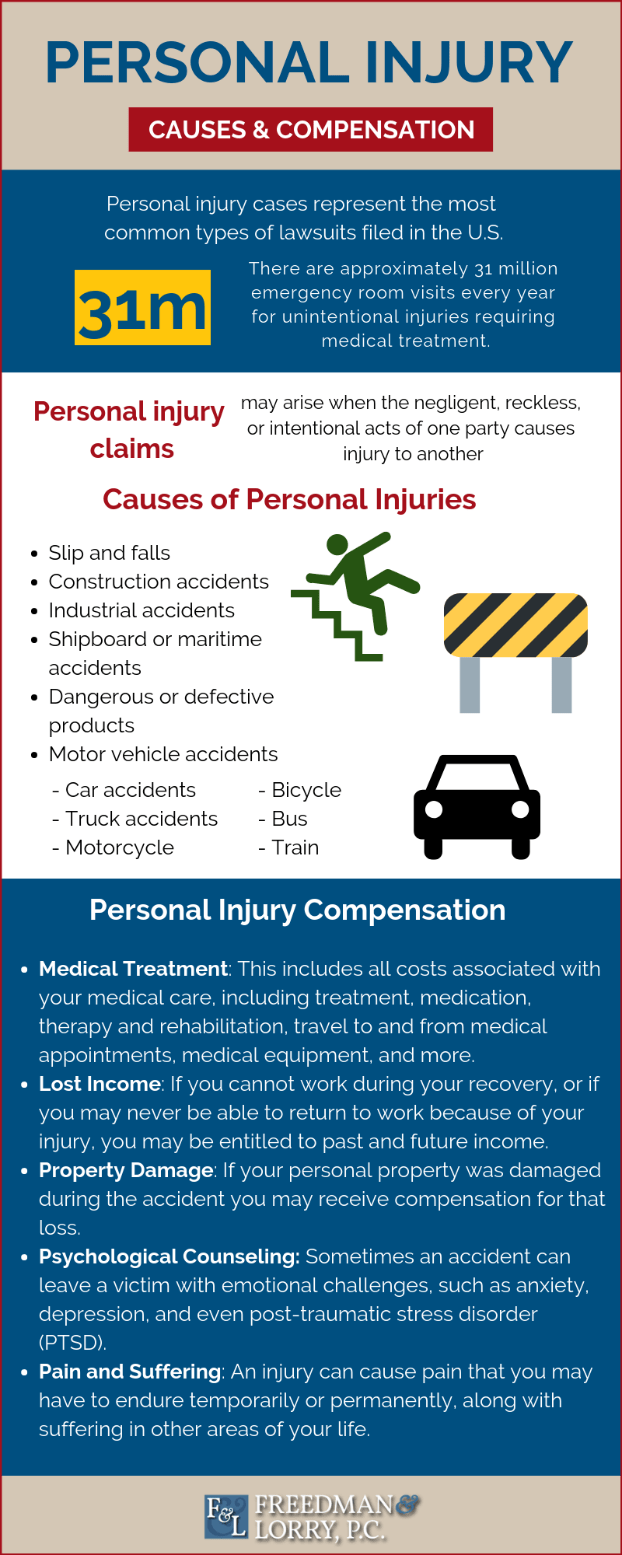Understanding Landlord-Tenant Law: An Overview For Real Estate Lawyers
Understanding Landlord-Tenant Law: An Overview For Real Estate Lawyers
Blog Article
Post Developed By-Fallesen Schofield
When it comes to landlord-tenant law, recognizing your civil liberties and obligations is critical for both celebrations. You might believe you have a strong grasp on the fundamentals, however there are usually nuances that can capture you unsuspecting. Whether you're a property manager taking care of a residential property or a renter seeking a stable home, understanding the legal landscape can make all the distinction. What might shock you are the intricacies associated with navigating conflicts and eviction procedures.
Understanding Renter Civil Liberties and Responsibilities
When you rent out a residential or commercial property, it's crucial to understand your legal rights and obligations as a renter. You deserve to a secure and habitable living atmosphere, meaning your proprietor has to keep important services like home heating, plumbing, and electrical energy.
You're likewise qualified to personal privacy; proprietors normally need to supply notice prior to entering your system.
On the flip side, you are accountable for paying rental fee on time, maintaining the residential or commercial property clean, and not creating damage past regular deterioration.
Acquaint yourself with your lease contract, as it lays out specific policies and responsibilities. Understanding these facets not just shields you yet likewise promotes a positive relationship with your property owner.
Stay educated, and you'll navigate your tenancy more effectively.
Key Landlord Commitments and Legal Considerations
While you might understand your civil liberties as a lessee, it's equally vital to comprehend your proprietor's commitments.
Landlords must provide a risk-free and habitable living atmosphere, guaranteeing that vital systems like heating, pipes, and electrical energy remain in functioning order. They're likewise in charge of making necessary repair services promptly and sticking to local building ordinance.
Additionally, landlords need to respect your personal privacy by offering correct notification before entering your system, usually 24 hr. https://www.businesswire.com/news/home/20240806620515/en/Help-over-Hype-LegalShield-Study-Finds-More-Americans-Have-a-Will-but-Remain-Wary-of-Technology%E2%80%99s-Role-in-Estate-Planning ought to take care of down payment according to state regulations, consisting of returning them promptly after you leave, minus any authorized reductions.
Recognizing these responsibilities can help you preserve a favorable connection with your proprietor and ensure your living situation meets legal requirements.
Browsing Disagreements and Eviction Procedures
Disputes in between property owners and lessees can emerge suddenly, making it vital for you to recognize the processes involved in resolving them.
First, communication is crucial-- try to talk about concerns straight to find a compromise. If that falls short, acquaint yourself with your regional laws concerning conflicts and eviction. https://roxann-melda69adah.blogbright.net/comprehending-the-refine-of-a-realty-closing-with-lawful-representation : keep documents of interactions, settlements, and any kind of violations.
If eviction ends up being essential, ensure you comply with the lawful actions required in your area, which often consists of supplying composed notification and a details duration for resolution.
Be prepared to visit court if the circumstance escalates, maybe your only choice. Recognizing these processes will assist you navigate conflicts more effectively and safeguard your legal rights as either a proprietor or tenant.
Verdict
In recap, recognizing landlord-tenant law is crucial for both celebrations involved in a rental contract. By recognizing your rights and duties, you can cultivate a better living setting and avoid conflicts. If disagreements occur, bear in mind that a realty lawyer can help guide you via the intricacies of eviction procedures and lawful responsibilities. Remaining informed and proactive will make certain a smoother rental experience, whether you're a property manager or a lessee.
